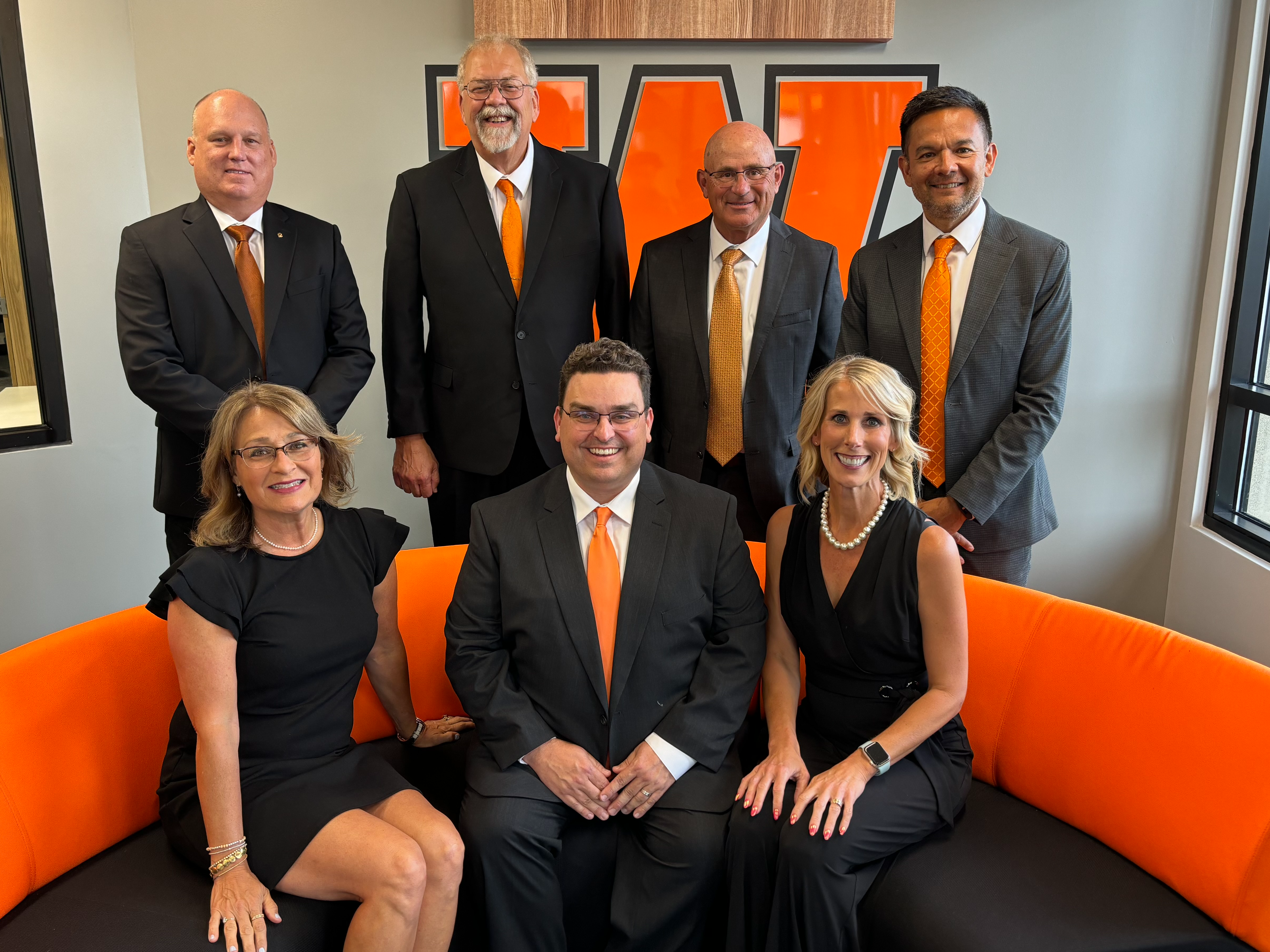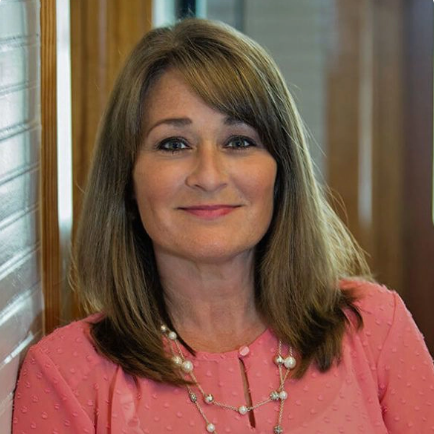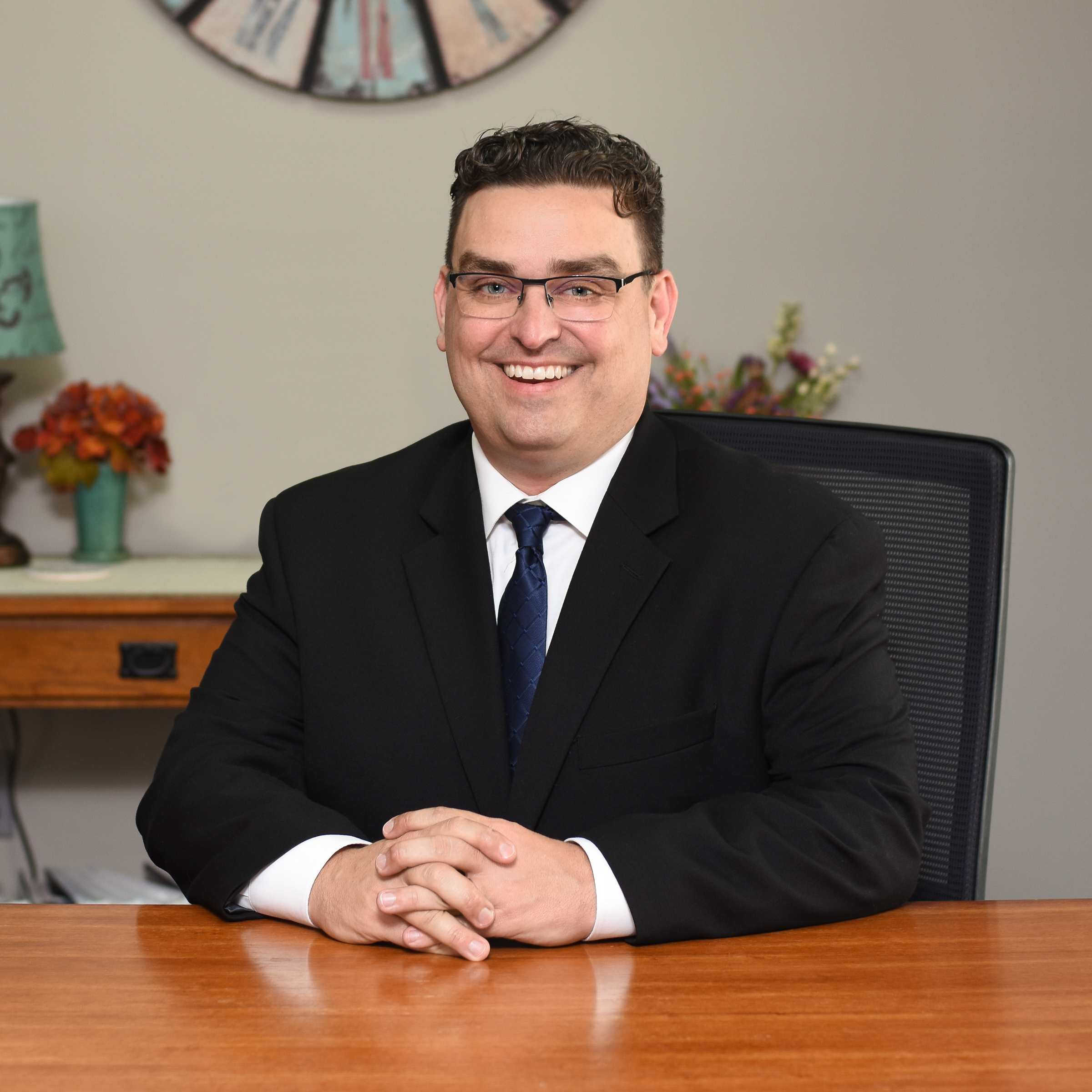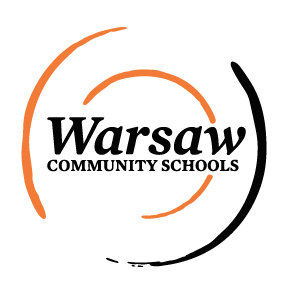Board President
School Board: MEETINGS
Board meetings are scheduled on the third Monday of each month at 7:00, with occasional exceptions. Please refer to the posting of yearly board meeting dates for detailed information. Meetings are held in the Boardroom at the Central Office located at 1 Administration Drive, Warsaw, Indiana. The Central Office is adjacent to the Warsaw Community High School and Washington STEM Academy, on State Road 15 South. Changes in location for a meeting are posted and advertised prior to the meeting.
All meetings are open to the public, except executive (closed) sessions which are permitted by state law to discuss only specific topics such as personnel and legal issues. All board decisions are made in public (open) sessions.

DISTRICT MAP
To determine your school of residence, please visit our Transportation page.
To determine which district you live in and who represents you, download and reference the district map (Updated November 2021).
Board Members:
District 1: Tom Westerhof, Board Member
District 2: Heather Reichenbach, Board President
District 3: Elle Turley, Board Secretary
District 4: Randy Polston, Board Vice President
District 5: Denny Duncan, Board Member
District 6: Matt Deuel, Board Member
District 7: Bradley Johnson, Board Member
SCHOOL BOARD MEMBERS

Heather Reichenbach

Randy Polston

Elle Turley

Denny Duncan

Matt Deuel

Tom Westerhof

Brad Johnson
BOARD MEETINGS
MEETING TYPES
Regular board meetings open to the public and media and are scheduled on the third Monday of each month at 7:00, with occasional exceptions.
Board work sessions are held on the second Tuesday of each month. Work session topics and locations are determined by the board, and are advertised well in advance.
Executive sessions, used for discussion of sites, litigation, negotiations, and personnel are closed. No action is ever taken by the board in any executive session.
BOARD MEETING AGENDA
The agenda serves as the framework for transaction of public business. Detailed information is provided by the Superintendent in advance of each meeting. The formal document, noting varied items of business is posted at the WCS Central Office, 1 Administration Drive, Warsaw, on the Warsaw Community Schools' website, and forwarded to media representatives prior to any scheduled session.
BUSINESS CATEGORIES FOR THE AGENDA INCLUDE:
Business of Citizens Present: When a stakeholder uses the “Citizen Comment and Suggestion Cards” sign-up card (available on the table at the entrance to the meeting site) and submits it to the Board secretary at least five minutes in advance of the start of any Regular meeting, the stakeholder may address the Board for a specified number of minutes. Public Participation is the only time during a Regular meeting when members of the public may speak to the Board.
Consent Agenda: This portion of the agenda is voted upon by the Board and contains routine matters related to the day-to-day operation of WCS.
Reports: WCS staff members give reports about various topics to the Board that provide information and details.Items from Board Members: Board may address other issues not covered. Action will not be offered at this time.
BOARD MEETING MINUTES
Minutes of Regular and Special sessions include all formal Board motions and formal Board actions. When pertinent to Board action, data may be attached to the Minutes. After being approved by the Board, Minutes become official and are open for inspection by the public. Public can access the minutes during regular business hours (Monday through Friday) at Central Office or by visiting BoardDocs.
LEGISLATIVE PRIORITIES
1. Increased Tuition Support Funding to Support K-12 Students
The Board supports the adequate funding of public schools that is annually adjusted to keep pace with or ahead of inflation. According to a 2018 report from the National Center for Education Statistics, Indiana ranked 36th in the nation (in 2015) for instructional spending per pupil at $9,529, compared to the U.S. average of $11,454.
State tuition support appropriations have not kept pace with inflation since 2010 when using the U.S. Bureau of Labor Statistics CPI Inflation Calculator. Had tuition support funding kept pace with inflation over this period, $270 million more would have been available to school corporations for per pupil dollars in FY 2018, and more than $573 million in total for the 2017- 2019 biennium (Downs, 2018). An appropriation amount above projected inflationary rates in the next biennium will help school corporations keep up with the cost of doing business and allow for reasonable salary increases that are needed to maintain a high-quality teacher workforce in Hoosier classrooms.
The Board supports funding that provides an equitable and level playing field for school corporations to provide equal educational opportunities for all children. Adequate tuition support funding will allow local boards of education to support the ongoing improvement in the quality of public education.
2. Enhanced Teacher Recruitment and Retention Programs
School administrators and faculty of colleges of education are becoming increasingly concerned and vocal with what studies reflect that fewer individuals are entering the teaching profession. In light of the significant role a teacher plays in the education of a child, efforts need to be made to attract more persons to the field of education. Similarly, efforts need to be made to keep teachers in the classroom. School boards need greater flexibility in the current compensation system to reward teachers with advanced education degrees and those with experience in the classroom. CTE funding prioritization and graduation pathways need to be established that encourage and prepare students for careers in the teaching profession. Finally, the Board would support increased funding for the Next Generation Hoosier Educator Scholarships, as well as the William A. Crawford Minority Teacher Scholarships, administered by ICHE.
3. Expand State-supported Prekindergarten Programs in Indiana
The Board supports increasing state funding to expand prekindergarten programs across the state to serve the approximately 27,000 low-income four-year olds who currently are without access to a high-quality prekindergarten program (Early Learning Indiana, 2018). There is a significant return-on-the-investment for every dollar invested in high-quality prekindergarten programs.
The Indiana General Assembly now provides $22 million annually for a pilot prekindergarten program for four-year olds in 20 of the 92 counties in the state. Eligible families in the 20 “On My Way Pre-K” counties can apply for a 2018-2019 pre-K grant through the FSSA’s Office of Early Childhood and Out-Of-School Learning. To be eligible:
Families must have an income below 127 percent of the federal poverty level;
The child must be four-years old by August 1, 2018, and starting kindergarten in the 2019- 2020 school year;
Parents/guardians in the household must be working, going to school or attending job training.
Once enrolled, families may choose from any of the eligible, enrolled “On My Way Pre-K” programs in their county. This program should be expanded to more counties beyond the limited availability offered now.
4. Change Kindergarten ADM Cut-off Date to September 1
The Board supports a change to the law that specifies that children must be at least five-years old on August 1 (“cut-off date” created by HEA 1001 (P.L. 135-2018)) for the kindergarten ADM count. A September 1 date would be appropriate and in line with school corporations that have implemented sound early admission waiver procedures with fidelity. School officials follow the early admission screening protocol to ensure children are emotionally, socially, and cognitively ready for kindergarten.
5. Expand Criteria of Safe Havens Grant
The Board supports expanding the selection criteria and use of the Safe Havens Grant program to allow for use of funds by school corporations to implement or sustain evidence-based programs to support the social, emotional, and mental health needs of students, including hiring or funding onsite social worker and/or mental health counselor positions.
6. School Board Vote on Local Redevelopment Commissions
Local school board representatives should have voting rights on local (municipal or county) redevelopment commissions. Presently, school board representatives serve as non-voting members of these commissions. Redevelopment commissions have the authority to propose and enact TIF (tax increment financing) districts, upon approval of the city or county council, to capture tax revenue for projects that will hopefully enhance local economic development. Conceptually, this economic development then acts as a catalyst to jump-start neighborhood and community growth and ultimately lowers taxes based on higher property values.
There are effective TIFs and ineffective TIFs. If not done appropriately with limited duration, TIFs can have a negative financial impact on school corporations and actually erode revenues available to local units of government according to a 2016 study by the Center for Business and Economic Research at Ball State University.
A school board representative, as a voting member, should be included in a redevelopment commission’s decisions. This is a sensible policy proposal given schools are one of the most important drivers of economic growth in a community. Their ability to maintain educational excellence in a growing economic environment is critical. It is well documented that the majority of families select communities, in part, based on the quality of their schools.
COMMUNICATION EXPECTATIONS
Our Board Expects:
That board members will redirect inquiries from WCS staff members and stakeholders to the superintendent, and the superintendent will keep the board informed of subsequent follow-up.
A regular communication from the superintendent on a monthly basis.
To be notified via email and phone (if necessary) as soon as possible for:
School emergency (lockdown, fire, etc.)
Student emergency (arrest, injury, death, etc.)
Staff emergency (arrest, injury, death, etc.)
To receive board documents, via BoardDocs, the Wednesday before the scheduled board meeting.
That all board members will receive the same information:
One member's request for additional information results in all members receiving or having the same access to the information.
Special communications are done for all board members.
That board members will treat each other and staff with respect.
That the superintendent and staff will treat all board members with respect
That reasonable requests for additional information will be satisfied in a timely manner.
No surprises!
Our Superintendent Expects:
That board members will inform the superintendent when they are visiting the schools.
That requests for additions to the agenda will be received at least seven (7) days before the meeting.
The direction is given when a majority of the board* votes to give direction, or when there is a clear consensus from the board directing the superintendent.
That board members will be respectful toward staff and be respectful of staff's time.
That board members will read all supporting documentation before the board meeting.
That board members will contact Superintendent or Board President with questions about agenda items or supporting materials by noon, Friday, after they receive Board Notes.
No surprises!
* Majority is defined as 4 or more board members
[Back to Top]
